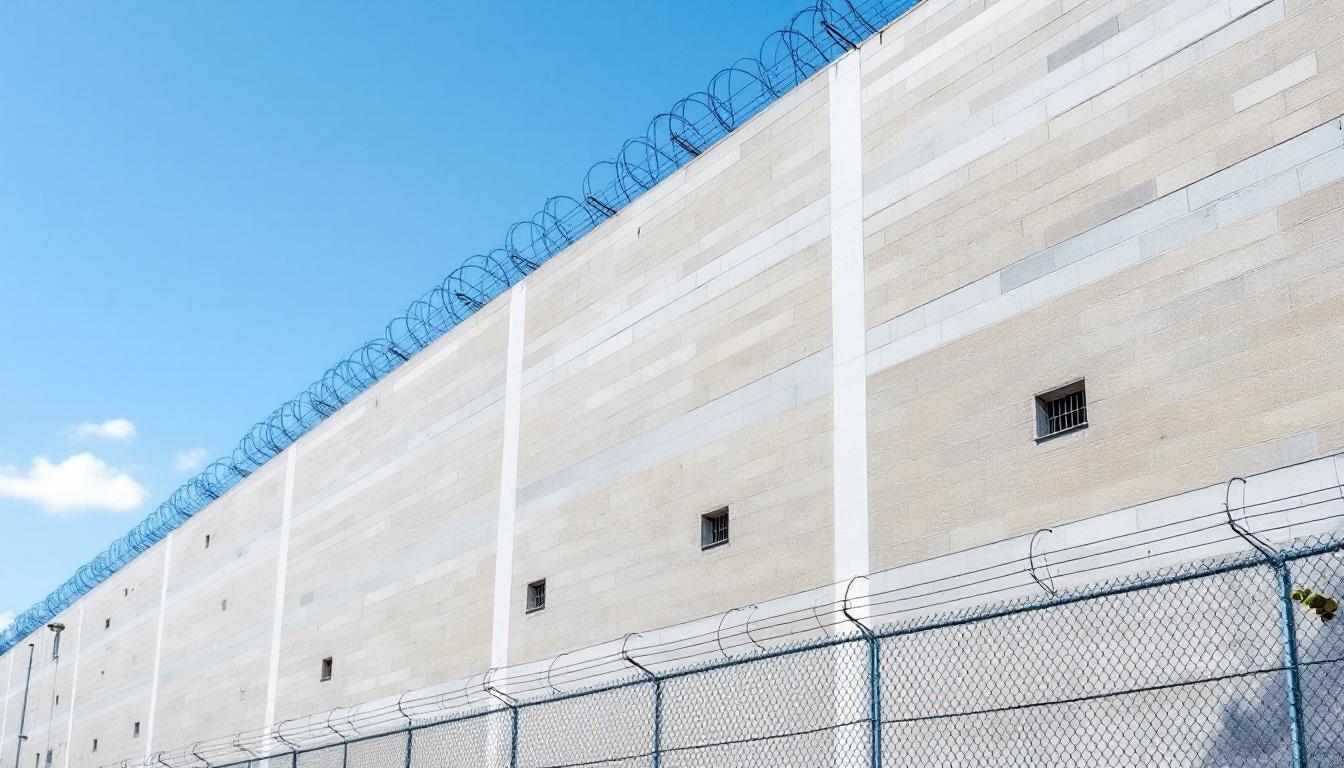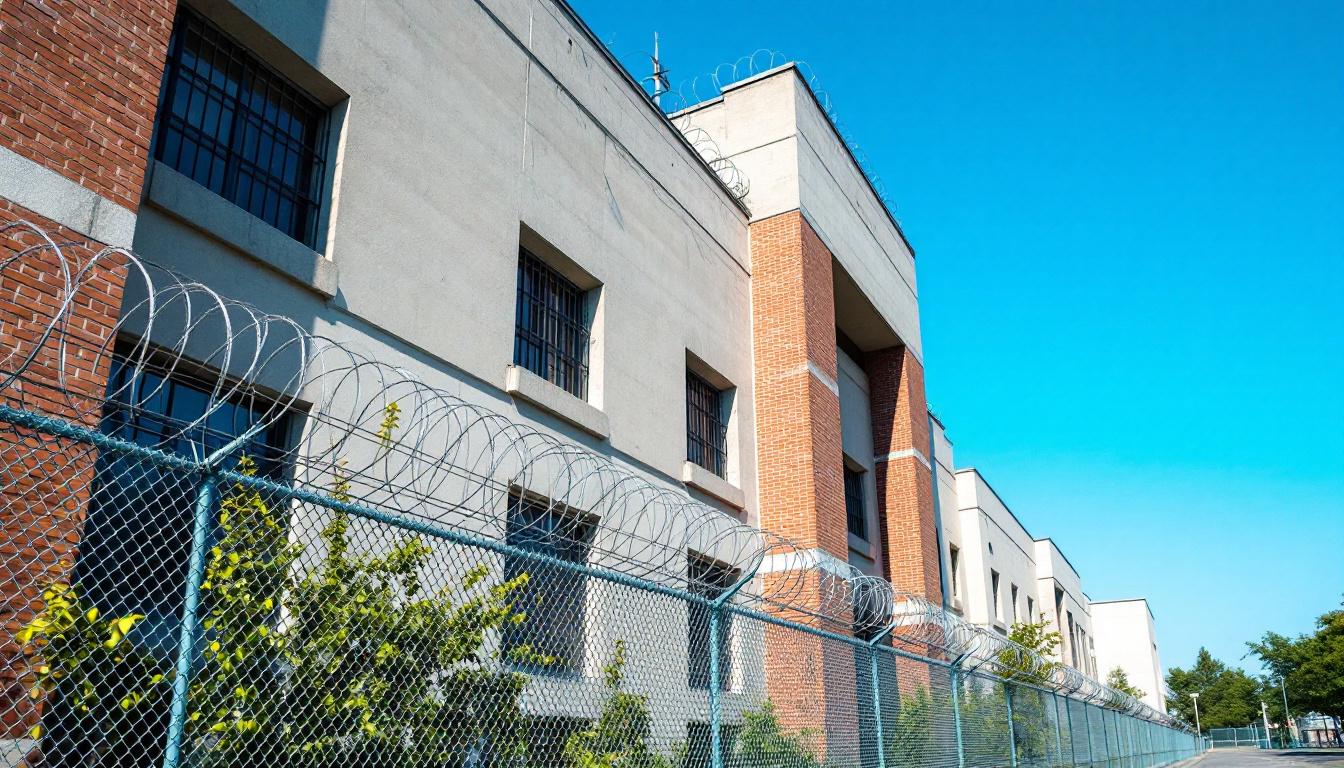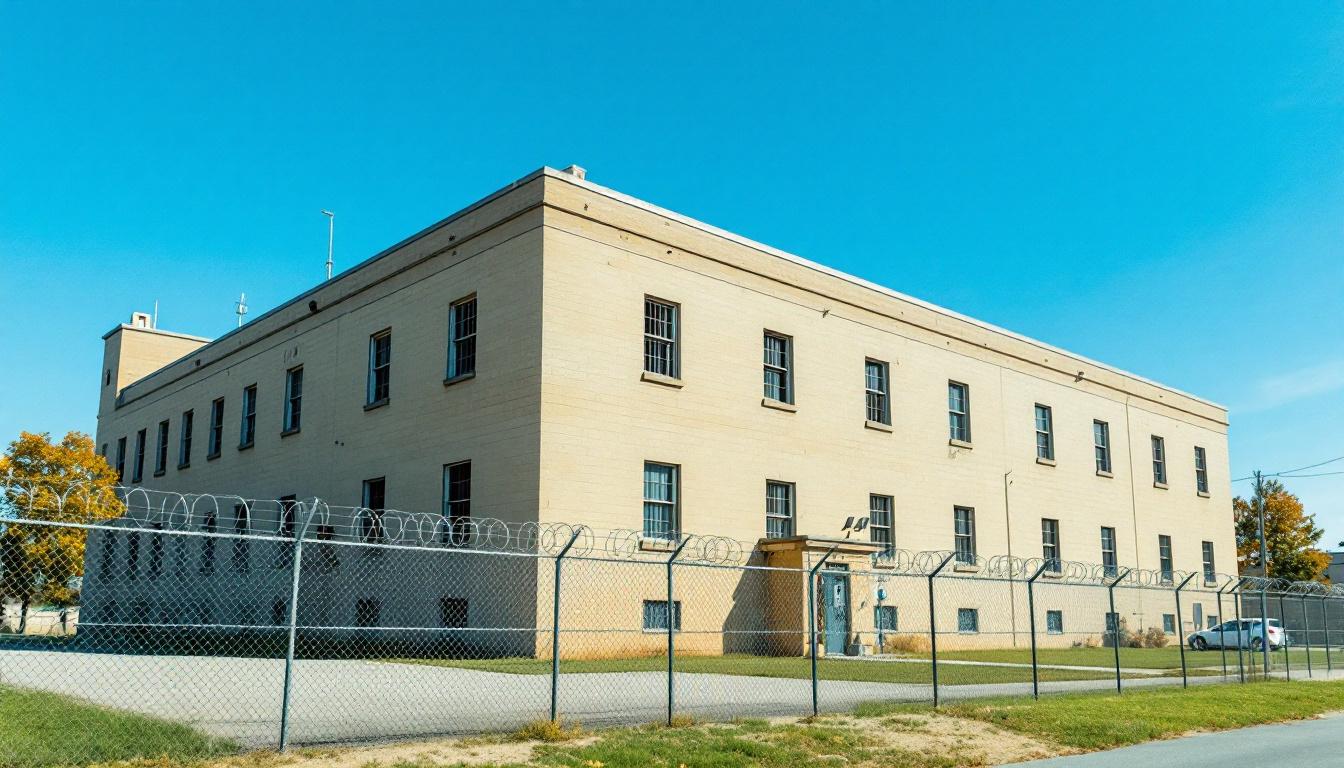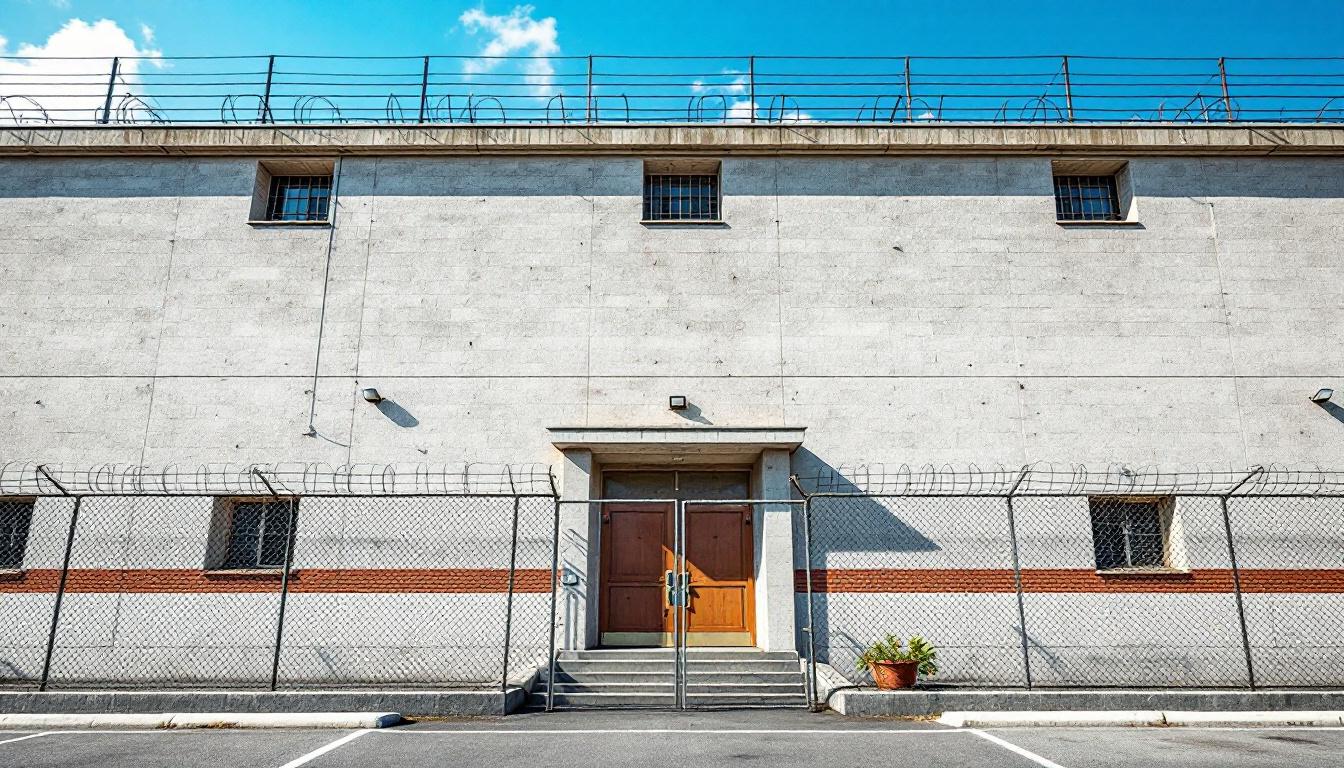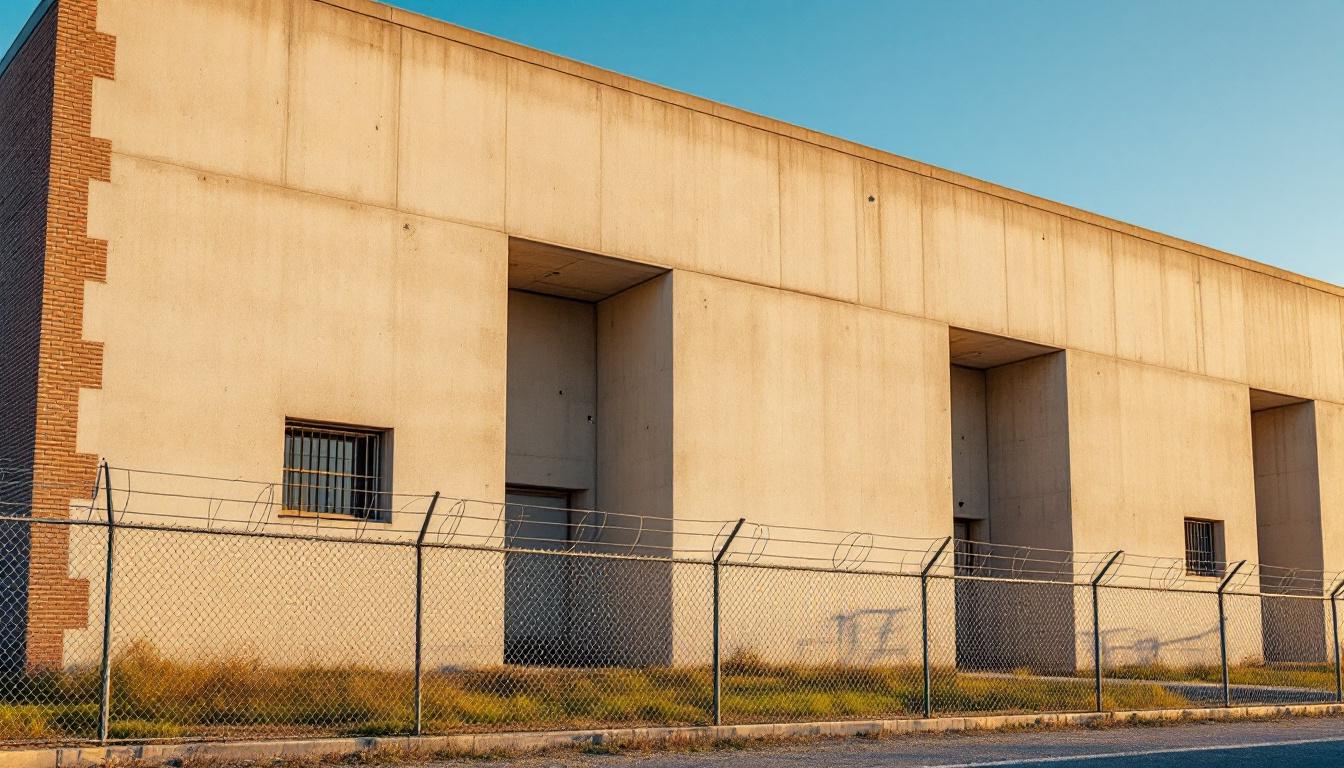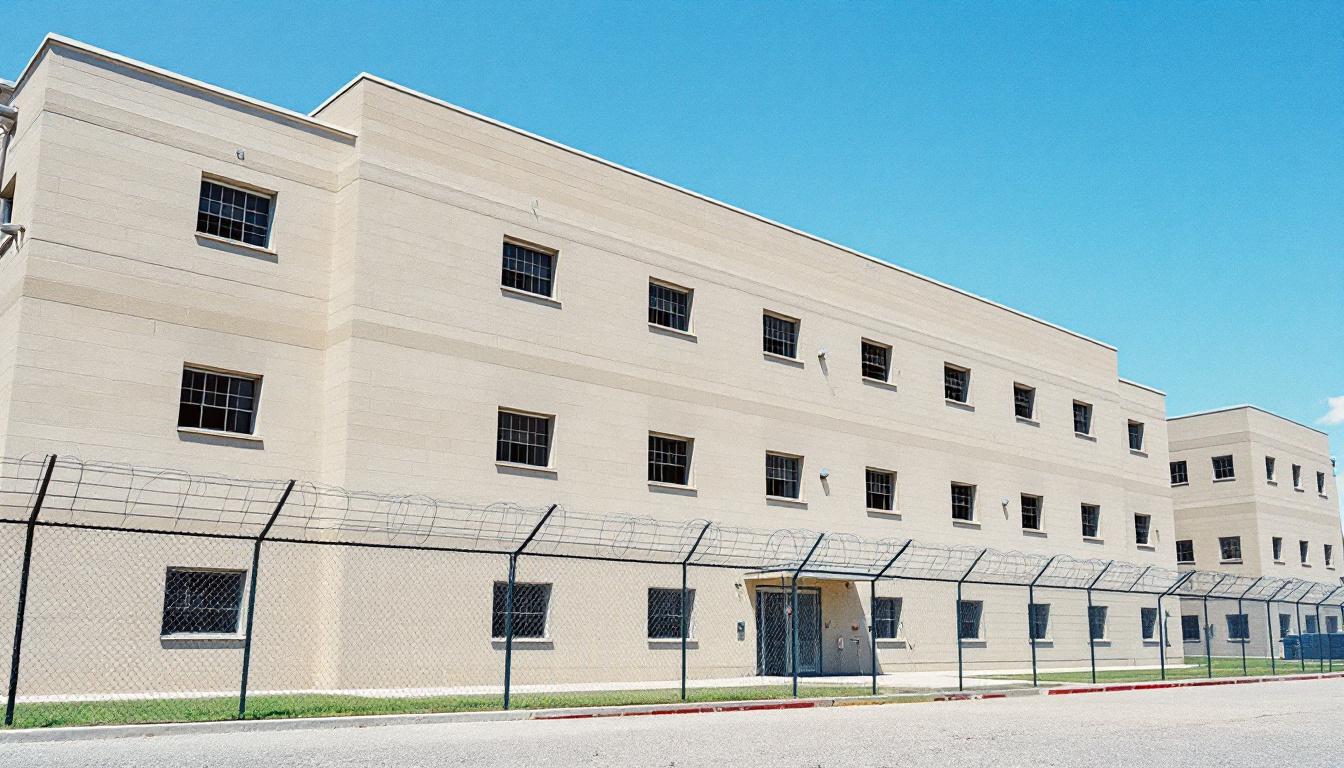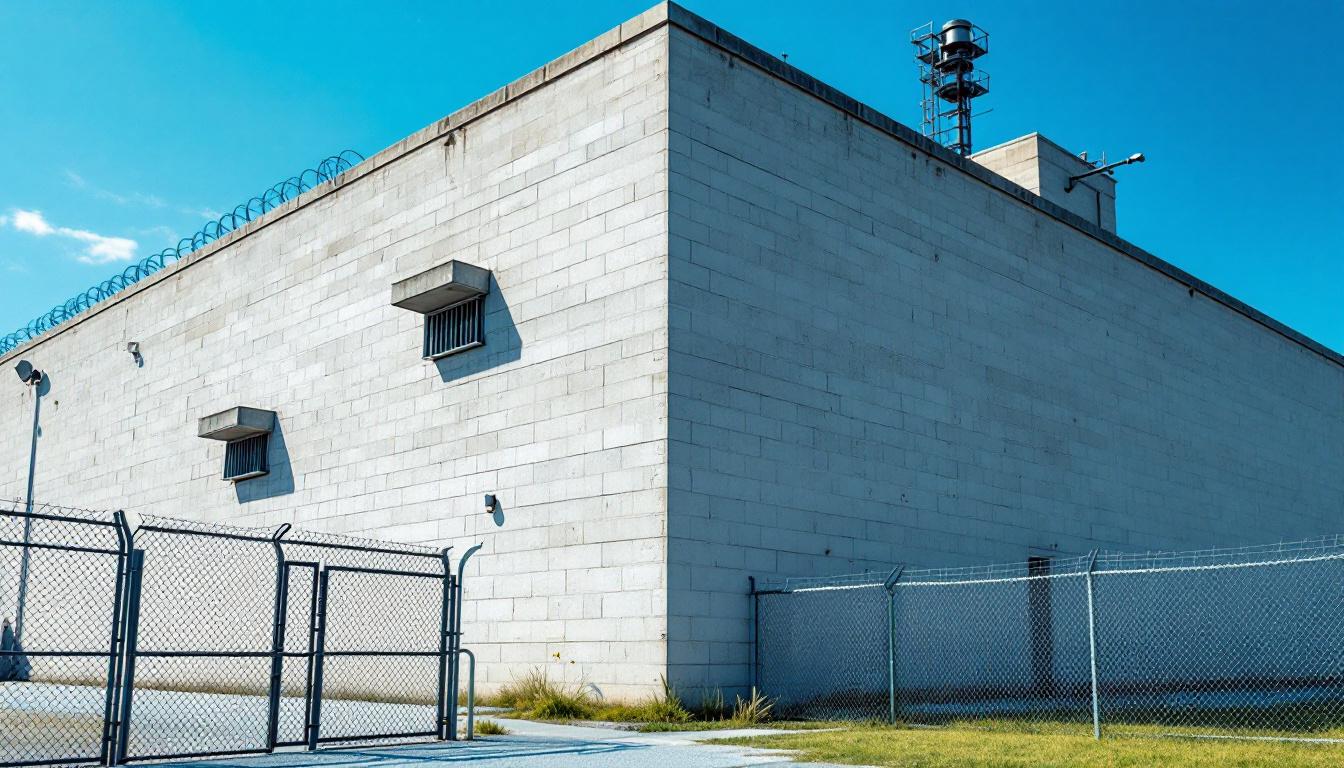
Quick Navigation
How to contact an inmate at Dawson County Sheriff
This comprehensive guide will walk you through how to connect with an inmate at Dawson County Sheriff. Follow the steps below to find an inmate and send letters and photos:
- Search for the inmate using our search tool below
- Create your account or log in to Penmate
- Write your message (up to 6,000 characters)
- Send instantly - inmates receive printed copies daily
Find an Inmate
Search for an inmate to start communicating today
Tip: You can search by first name, last name, or inmate ID number
To contact a person at Dawson County Sheriff start by searching for the person on the facility website. Perform a search by following these steps:
- Step 1: Enter their first name and last name into the search form and click "Search"
- Step 2: Locate their inmate record
- Step 3: Write down their Inmate ID and any housing information provided
Important! Be sure to enter the person's full name. Nicknames should not be used.
How to Send Messages to Inmates

You can use your phone or computer to send emails, letters, and photos to an inmate. Messages are sent electronically to inmate tablets or kiosks at the facility. If you would like to send a message, start by searching for an inmate at Dawson County Sheriff.
Sending Photos and Postcards

A great way to send love and support to a loved one at Dawson County Sheriff is to send photos and postcards. It only takes a few minutes to send photos from your phone and it makes a huge difference. You can also mail postcards with words of support and inspiration, or design your own postcard for special moments like birthdays and holidays.
Important! Be sure not to send any explicit photos or they may not be approved by the facility. You can also use a photo printing app like Penmate to make sure your photos are printed at the correct size (4x6 or 3x5) and are mailed according to the rules and regulations of Dawson County Sheriff.
Frequently asked questions about Dawson County Sheriff
-
How long does it take to deliver a message?
If you're sending an email message your letter is usually delivered within 24-48 hours. For messages sent via mail you should expect delivery within 3-7 days. All messages will need be approved by Dawson County Sheriff.
-
How much does it cost to send a message to Dawson County Sheriff?
You can send a message free using your phone or mail a message via USPS for the price of a $0.60 stamp and envelope. You can also purchase credits or e-stamps from services starting at $1.99.
-
What services can I use to contact an inmate at Dawson County Sheriff?
Penmate
You can use Penmate to send letters and photos to an inmate from your phone. It's an easy way to stay in touch during your loved one's incarceration. Use the inmate locator to find an inmate's location and contact information, then you can send messages within a few minutes.
Securus messaging
Securus may be another option for communicating with an inmate at Dawson County Sheriff. You can create a friends and family account and purchase credits to send messages. All messages will be reviewed and must be approved by the facility.
JPay
Some county jails and state prisons may support sending messages with JPay. You must register an account with the system, find your loved one, and purchase stamps to send messages. For some locations you can also attach photos.
Smart Jail Mail
You may also check if Smart Jail Mail is available at Dawson County Sheriff. Smart Jail Mail is operated by Smart Communications and has contracted with some state and county jails. After purchasing credits, your messages and photos are sent to the facility, printed out, and then handed out to your loved one.
-
What is the mailing address of Dawson County Sheriff?
Mailing address:
Dawson County Sheriff
401 S 2nd St
Lamesa, TX 79331
Phone: (806) 872-7560 -
What are the visiting hours at Dawson County Sheriff?
Visiting hours at Dawson County Sheriff vary by housing unit and security level. Generally, visits are scheduled on weekends and holidays, with some facilities offering weekday visits. Contact the facility directly at (806) 872-7560 or check their website for the current visiting schedule. Visits typically last 30-60 minutes and must be scheduled in advance.
-
What items are prohibited when sending mail to Dawson County Sheriff?
Prohibited items typically include: cash, personal checks, stamps, stickers, glitter, glue, tape, staples, paperclips, polaroid photos, musical or blank greeting cards, hardcover books, magazines with staples, and any items containing metal or electronics. Only send letters on plain white paper with blue or black ink. Photos must be printed on regular photo paper (no Polaroids). Always check with Dawson County Sheriff for their specific mail policies.
-
How do I send money to an inmate at Dawson County Sheriff?
You can send money to an inmate at Dawson County Sheriff through several methods: 1) Online using JPay, Access Corrections, or the facility's approved vendor, 2) Money orders mailed directly to the facility with the inmate's name and ID number, 3) Kiosks located in the facility lobby, or 4) Over the phone using a credit or debit card. Fees vary by method, typically ranging from $2.95 to $11.95 per transaction.
-
Can I schedule a video visit with an inmate at Dawson County Sheriff?
Many facilities now offer video visitation as an alternative to in-person visits. At Dawson County Sheriff, video visits may be available through services like Penmate, Securus Video Connect, GTL, or ICSolutions. Video visits typically cost $10-20 for 20-30 minutes and must be scheduled in advance. You'll need a computer or smartphone with a camera and reliable internet connection. Contact the facility for their specific video visitation policies and approved vendors.
-
What identification do I need to visit an inmate at Dawson County Sheriff?
All visitors must present valid government-issued photo identification such as a driver's license, state ID, passport, or military ID. Minors must be accompanied by a parent or legal guardian who can provide the minor's birth certificate. Some facilities require visitors to be on the inmate's approved visitation list, which may require a background check. Contact Dawson County Sheriff for specific ID requirements and visitor approval procedures.
-
How can I find out an inmate's release date?
To find an inmate's release date at Dawson County Sheriff, you can: 1) Use the online inmate search tool if available, 2) Call the facility's records department, 3) Contact the inmate's case manager or counselor, or 4) Have the inmate provide this information during a call or visit. For privacy reasons, some facilities only release this information to immediate family members.
Facility Overview

About Dawson County Sheriff
Supporting the criminal justice needs of Seminole and surrounding communities, Dawson County Jail, TX operates as a vital component within the region's law enforcement infrastructure. Located in the heart of West Texas, this TX correctional facility serves as the primary detention center for individuals awaiting trial, serving sentences, or being held on various legal matters throughout Dawson County. The facility typically maintains secure housing units designed to accommodate different classification levels while ensuring the safety of both those incarcerated and staff members who work within the facility.
Community integration remains a central focus as the jail works to balance public safety with rehabilitation opportunities for those in custody. The facility generally provides essential services that may include basic medical care, educational programming, and substance abuse counseling, though specific offerings can vary based on available resources and staffing. Those incarcerated services often encompass religious programs, library access, and visitation opportunities that help maintain family connections during periods of incarceration. As part of Texas's broader correctional network, the facility typically coordinates with state agencies, local courts, and community organizations to facilitate reentry planning and support services.
The jail's operational approach generally emphasizes maintaining secure custody while preparing individuals for eventual return to the Seminole area community. Staff members typically work to ensure that daily operations run smoothly, from intake procedures to release processes, while maintaining the structured environment necessary for effective facility management. Through its role in the local justice system, Dawson County Jail serves as more than just a detention facility—it functions as a bridge between legal proceedings and community reintegration for those who call West Texas home.
Programs & Services
Meaningful change begins when those incarcerated gain access to opportunities that address both immediate needs and long-term goals. Dawson County Jail typically emphasizes a structured approach to personal development, recognizing that effective rehabilitation requires addressing multiple aspects of an individual's circumstances. The facility often focuses on creating an environment where participants can develop practical skills while working through personal challenges in a secure setting.
Educational and vocational opportunities may include training programs designed to prepare those incarcerated for employment upon release. These vocational training initiatives often focus on developing marketable skills that align with local job market demands. Work programs within the facility typically provide hands-on experience while maintaining daily operations, allowing participants to develop workplace habits and responsibility in a controlled environment.
In addition to this, therapeutic and support services often address underlying issues that may contribute to criminal behavior. Dual diagnosis treatment programs typically serve those dealing with both substance abuse and mental health challenges simultaneously. The facility may furnish faith-based initiatives for spiritual growth, parenting classes to strengthen family relationships, and conflict resolution training to develop better interpersonal skills. Chaplaincy programs often provide additional emotional and spiritual support, creating a comprehensive network of services designed to promote positive change and reduce recidivism rates.
Daily Life & Visitation
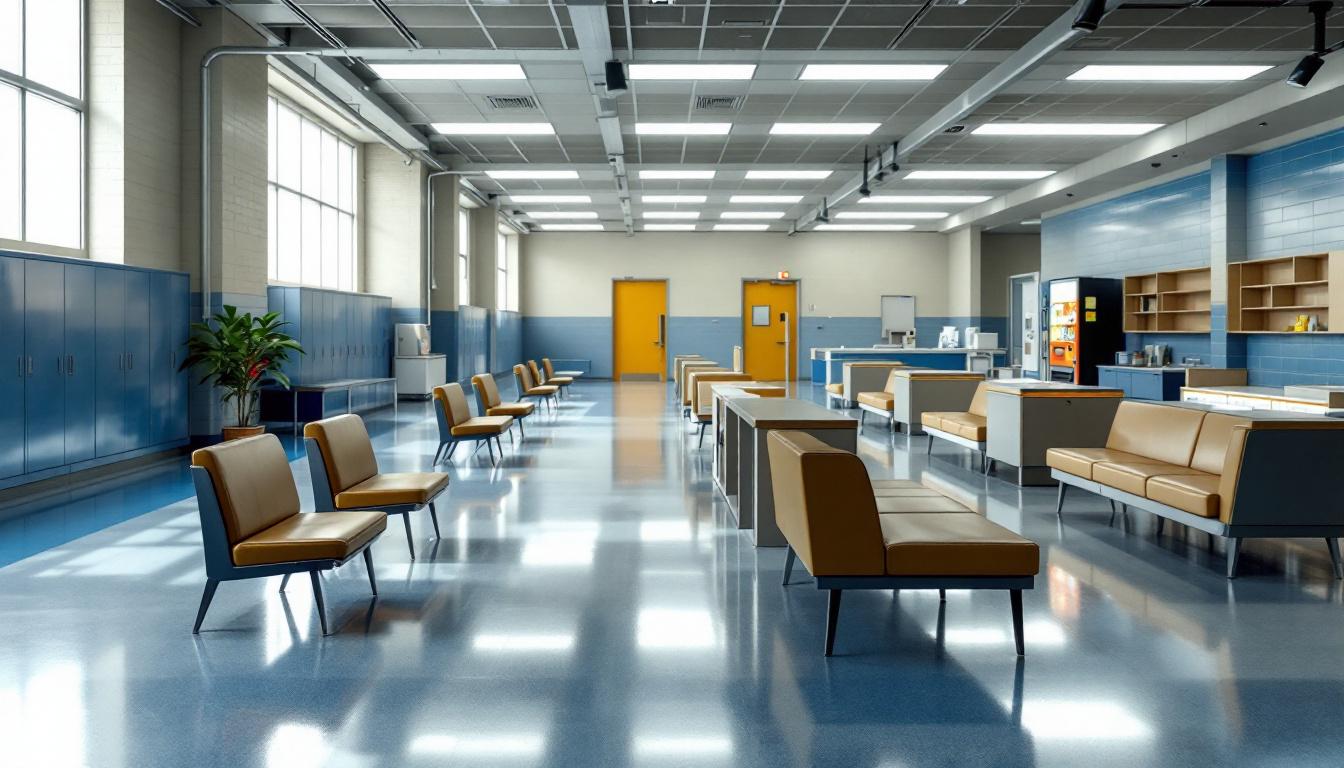
Staying connected with family members and building relationships with fellow residents forms the cornerstone of daily experience for those incarcerated at Dawson County Jail. Today brings structured routines that consistently revolve around maintaining these vital connections through scheduled phone calls, letter writing, and preparing for upcoming visits. The facility furnishes multiple opportunities throughout each day for social interaction, whether during shared meals or recreational periods.
Housing arrangements typically place residents in dormitory-style units or smaller cells, depending on classification levels and available space. Those incarcerated generally share common areas where conversations and informal support networks naturally develop. Meals are usually served in a central dining area, creating regular opportunities for community interaction and relationship building. Personal belongings may be limited, though commissary purchases often allow residents to share snacks and personal items with others.
In addition to this social framework, structured programming schedules include educational classes, religious services, and work assignments that further strengthen community bonds. Recreation periods typically provide time for group activities, card games, and exercise in designated areas. Despite this structured environment, maintaining family connections remains a priority through regular visitation schedules and phone access. Those incarcerated often find that participating in facility jobs, such as kitchen duties or cleaning assignments, creates additional opportunities for meaningful interaction and mutual support among residents.
Ready to Connect?
Start communicating with your loved one today
Search for an Inmate
